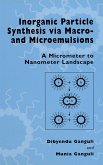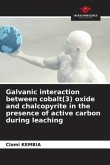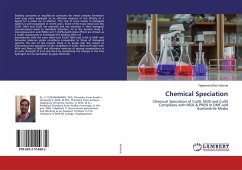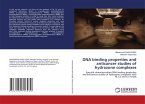Series of cobalt catalysts supported on carbon nanofibers have been investigated to study the effect of Co particle size in the Fischer-Tropsch synthesis. The performance of the Cobalt catalysts on the FT reaction was proven that the activity decreased for cobalt particles smaller than 6 nm. The activation energy measurements for these small cobalt particles revealed that the activation energy increased. The carbon coverage of Co particles after FT synthesis was studied with Temperature Programmed Hydrogenation and Temperature-programmed Surface Reaction. The low activity on small cobalt particles was caused by carbon deposition on the surface of the cobalt metal. Investigation on intrinsic activity or intrinsic turn over frequency, based on specific cobalt particle size, gave an indication of optimum particle size for mono-disperse system. Mathematical models from Van Hardeveld and Hartog applied on cobalt catalyst showed that there is a correlation between the fraction of active and inactive particles with the fraction of face and edge atoms on the particle surface, respectively








